When John Baccigaluppi and I interviewed Trevor Horn [Tape Op #89] in 2012 at his SARM West Studios, the name Stephen Lipson continually came up. For six years Trevor and Stephen worked together on many sonically groundbreaking and top-selling albums, with Stephen contributing production, engineering, mixing, programming, and guitars as well as a variety of other instruments. With records by Paul McCartney, Frankie Goes to Hollywood, Grace Jones, Simple Minds, Annie Lennox, and Mike Oldfield under his belt, you’d think that Stephen could relax, but work carries on. Soundtrack mixing and production with Hans Zimmer led to producing this year’s Billie Eilish James Bond theme “No Time to Die” for the film of the same name – plus mixing the score and soundtrack. He is also in the process of producing a new Lionel Richie album, as well as mixing the soundtrack for the upcoming Mission: Impossible 7 film.
I found a fun news video from your SARM era in the ‘80s; the duo was called Act.
Oh, yeah.
You had MIDI running, and everything was sequenced and coming through the console from samplers and synthesizers. That was a great snapshot of you in that time, where you’re saying, “Look, we can change anything. This is how records are being made now.” What caused you to dive in and embrace new technology in the early ‘80s?
When computers first became affordable, there was a guy in the U.K. called Clive Sinclair. He made this computer called the ZX80. It was really small, with one of those keyboards where you press the membrane.
Oh, yeah. Little bubble tops?
Yeah, that’s it. It had no RAM, no hard drive, nothing. But I was intrigued by it, and I programmed something; a game from a magazine. I copied the code into it, and it worked! I thought, “This is remarkable.” I backed it up onto a cassette, and then loaded it up. I was always intrigued by the idea, the concept, of computing, because it was fascinating. This is all aside from being a musician; a parallel interest. When I started working at SARM, I can’t quite remember why, but Trevor Horn bought a Synclavier [sampler]. For a few months it sat in the room. Every time we moved, it moved with us, and it was a huge rack!
Right, it wasn’t small!
No, it was over 20U [rack spaces high] and obviously needed two people, up and down the stairs, from the studio upstairs to the studio downstairs. It had a big keyboard. We’d be plugging the rack up and nobody used it. One day I said to him, “Look, why don’t I see if I can get a noise out of this?” It became a quest. I ended up using it. I could say “programmer,” but I’m not really a programmer. But that’s sort of what I had to be to get what was in my head out of the machine. I hated it, absolutely hated it. But it was there. Then I found, as it got easier, it was such a great, convenient, spontaneous way to make music using this technology.
Right. To be able to control from sequencing and MIDI.
Not to replace musicians, but to have an idea and to realize it by using a computer. That’s what drew Frank Zappa to the whole idea as well; being able to have an idea and realize it exactly how you imagine it.
Right. He was doing quite a bit with that.
Yeah, big time.
That’s an interesting parallel to your production and engineering; being a musician and songwriter. That instant idea, or quicker creation of sounds, would make sense to me.
Actually, yes. But funnily enough, that gear is a curse when it comes to writing. I am guiltier than most, because I can’t sing. I can help with top lines, so I’ll come up with an idea, and generally that will be created by a soft synth. I’ll hold a note. “Oh, I like that.” That will inspire me to do something; I don’t know what it is. We call it writing. I don’t know. What I’m saying is the gear is responsible for me not picking up a guitar and playing or coming up with a tune on the guitar. It’s a bit of a curse, I would say.
Yeah. This was a fascinating time, where there were engineers, musicians, and producers who were pushing back against the way that records had been made. Now look where we are, where we’re assembling samples, loops, and bits and bobs and making a song.
Yeah. Now this is completely open for debate, and please strike me down when I say this, but from that era to now, it seems to me that the only progress we’ve had is smaller, faster, and cheaper. That’s it. I don’t know what else there’s been. If you think about it, technology leads the arts. This gear, a laptop, can be in the hands of anyone, hence four bars that repeat and get louder and softer. I get it. I’m as guilty as...
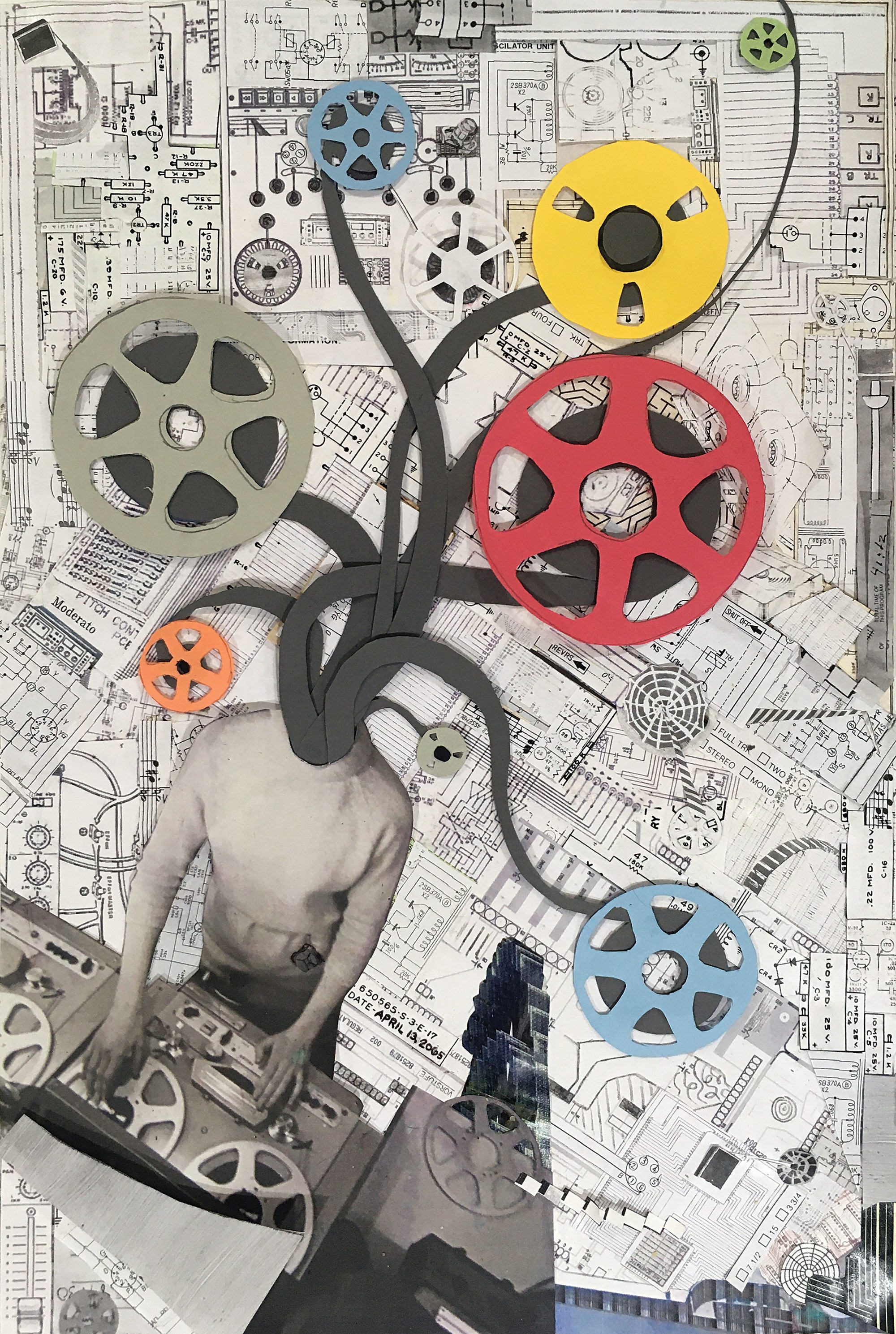

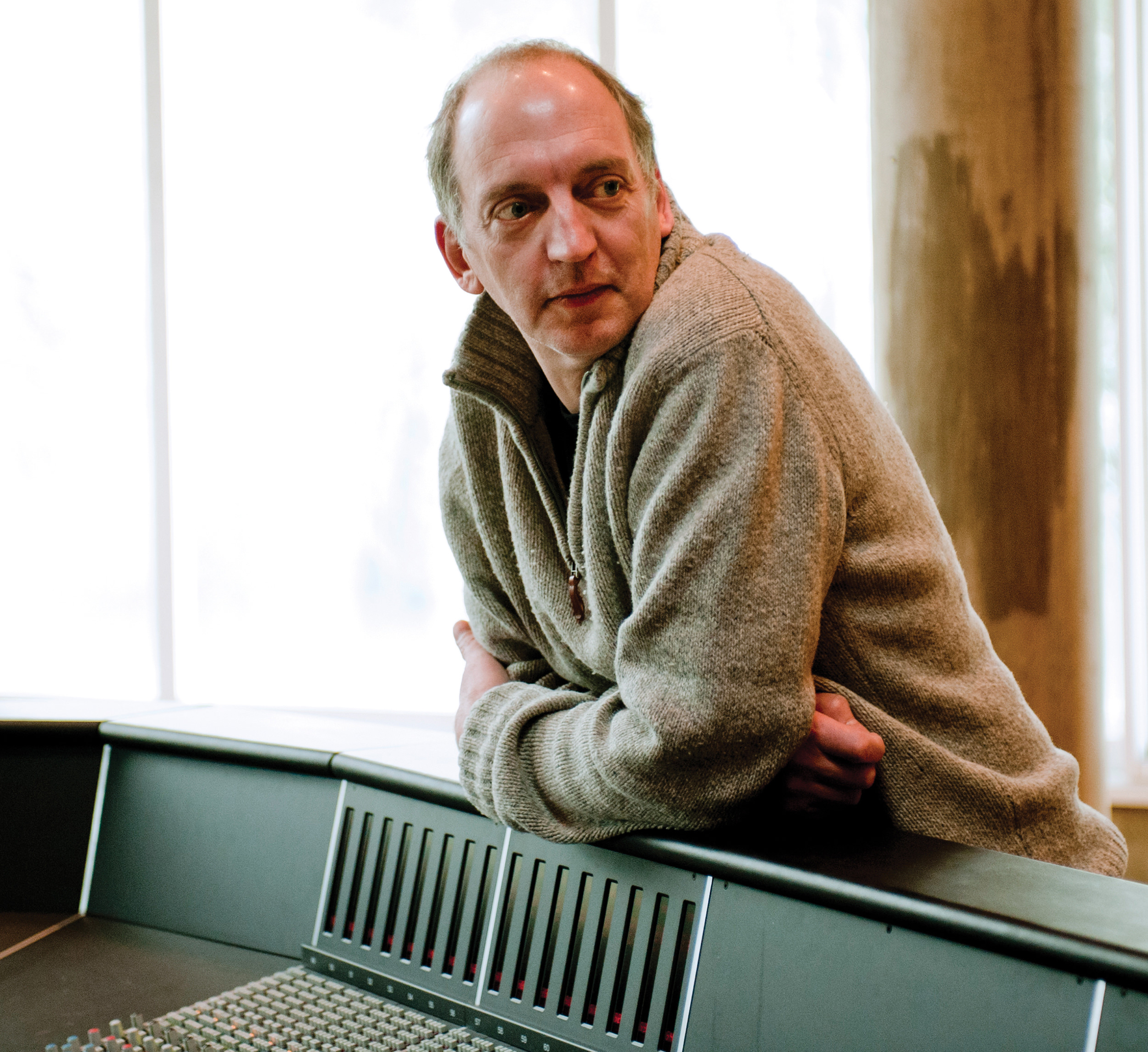
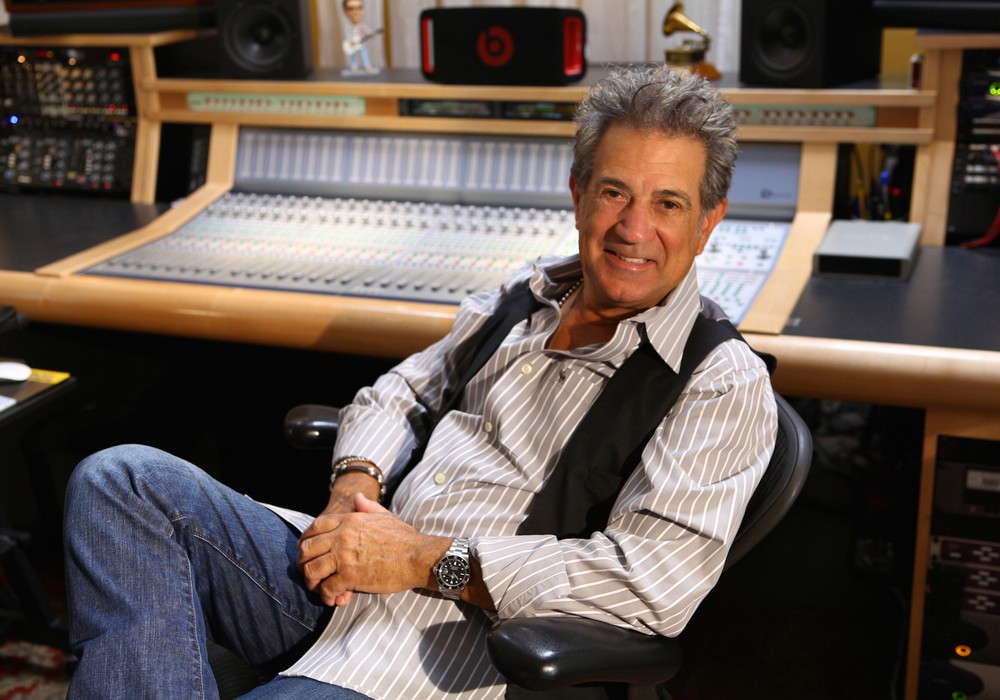

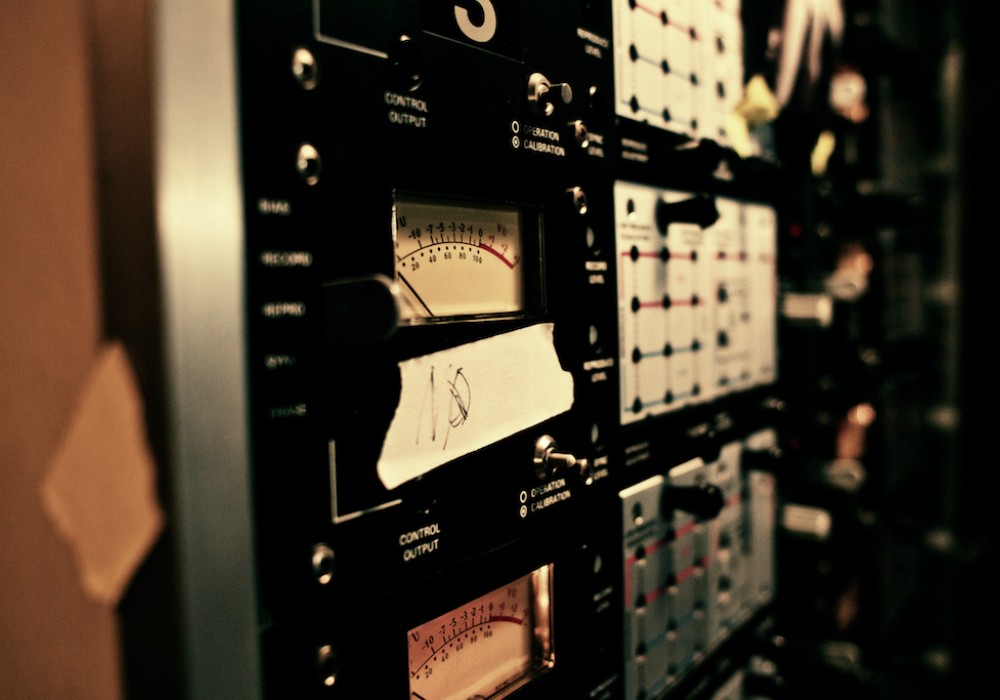
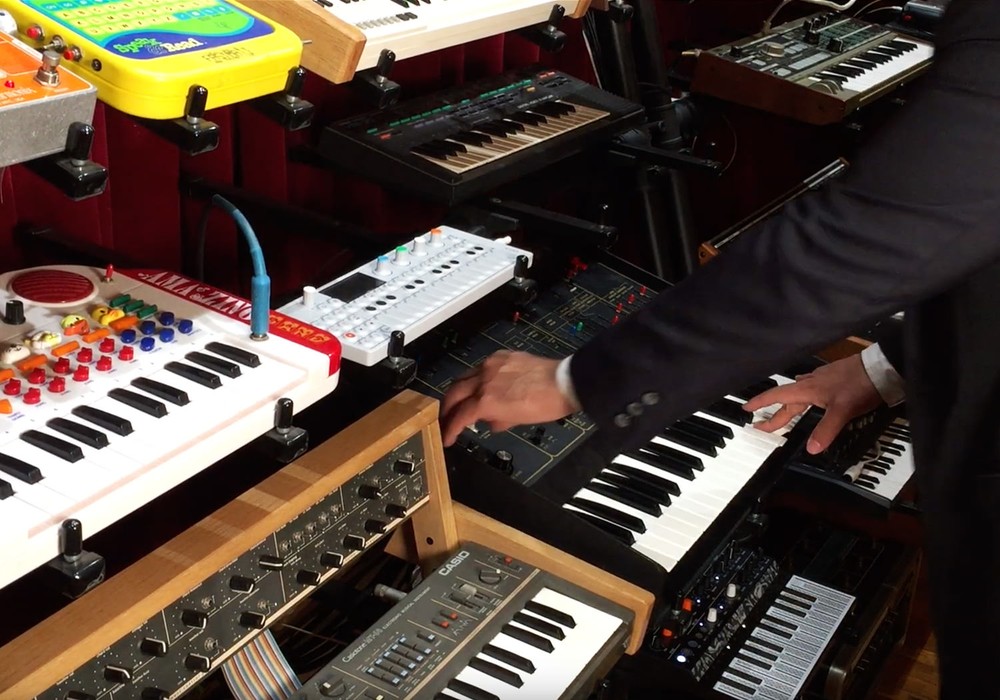
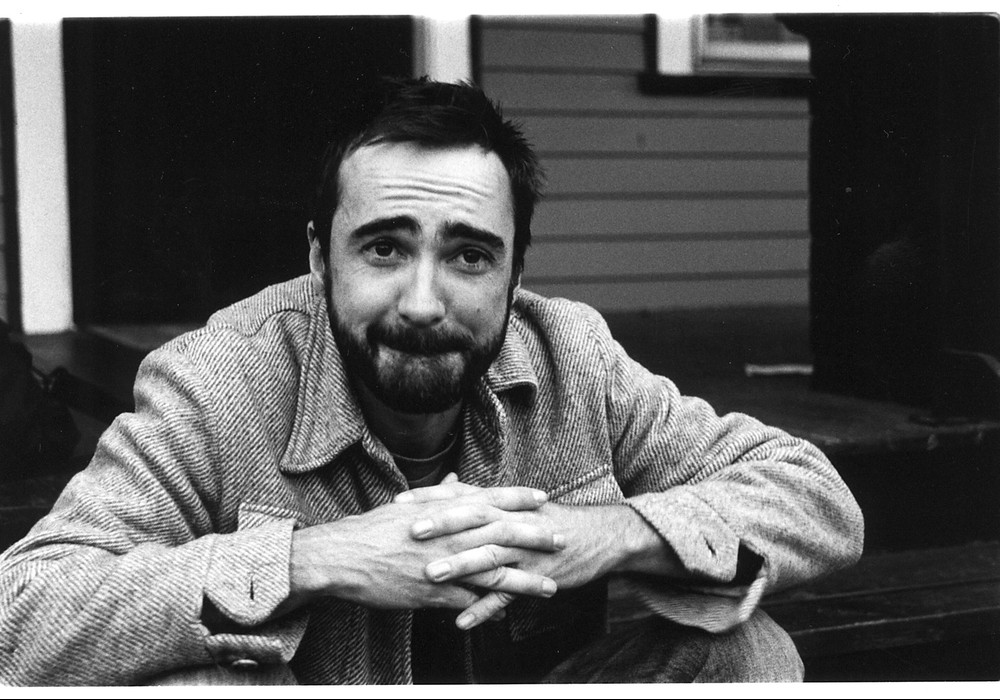
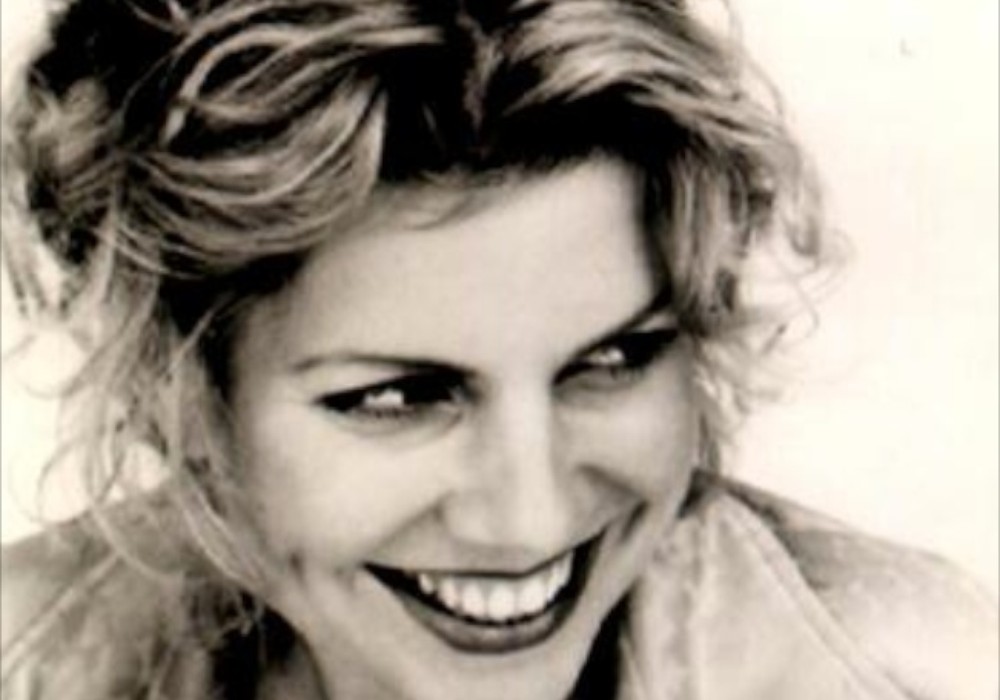
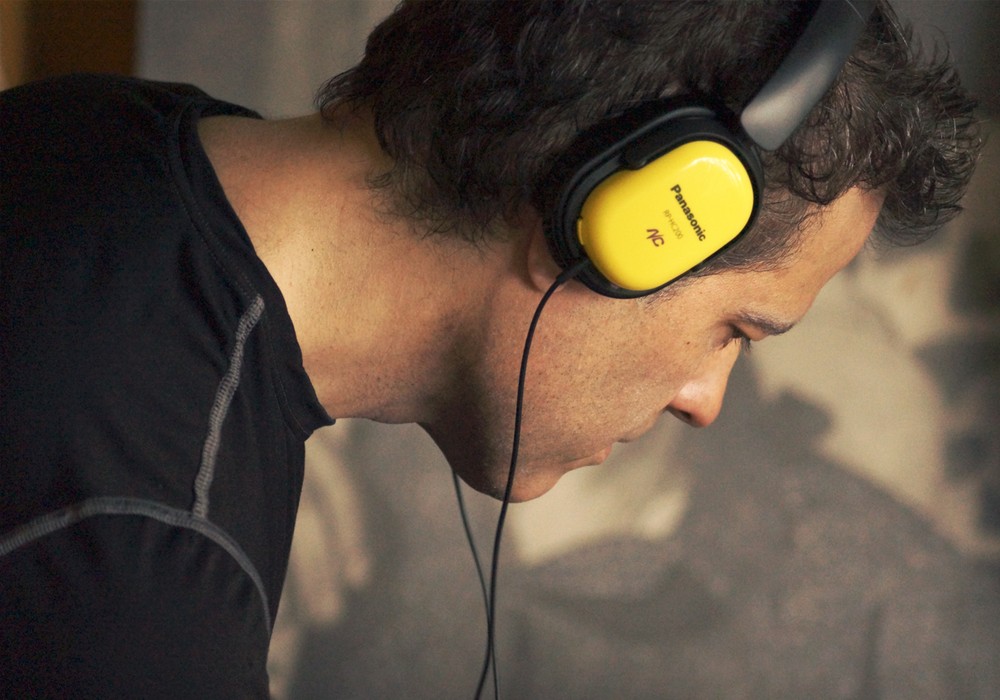
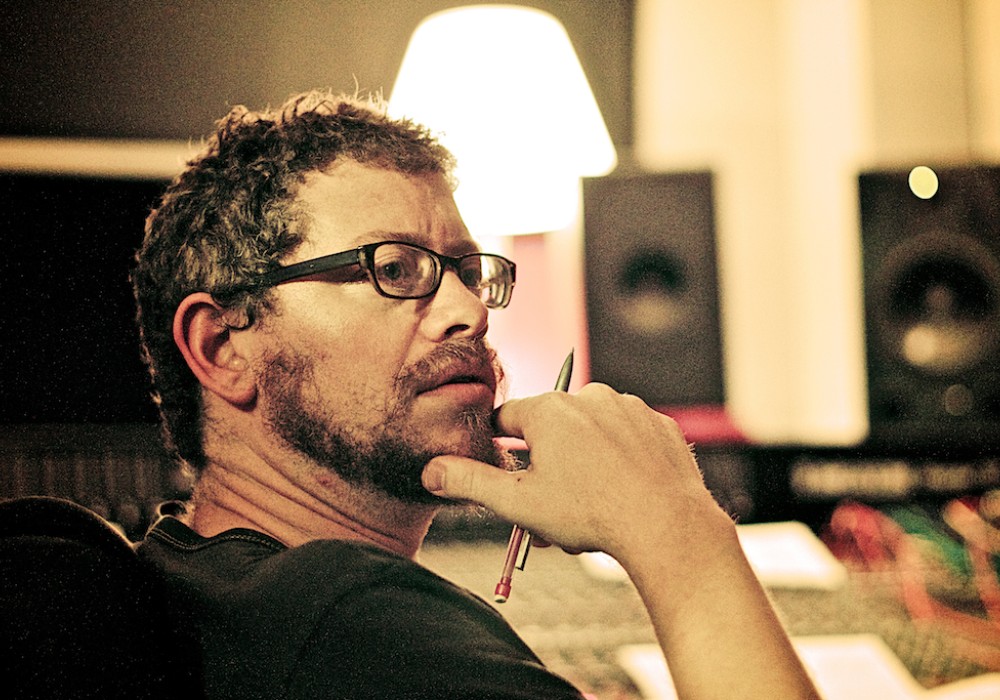
_display_horizontal.jpg)